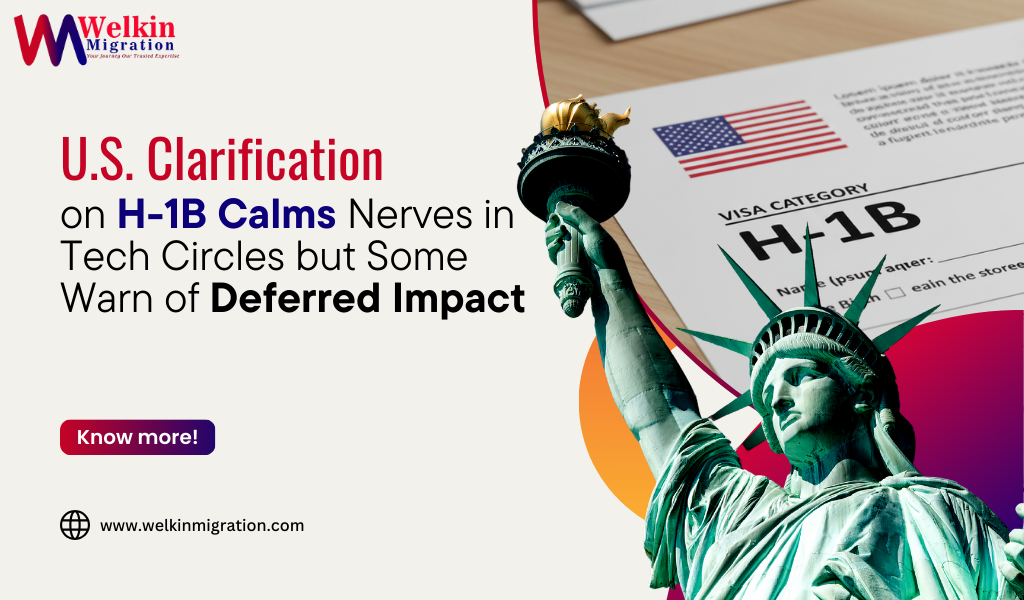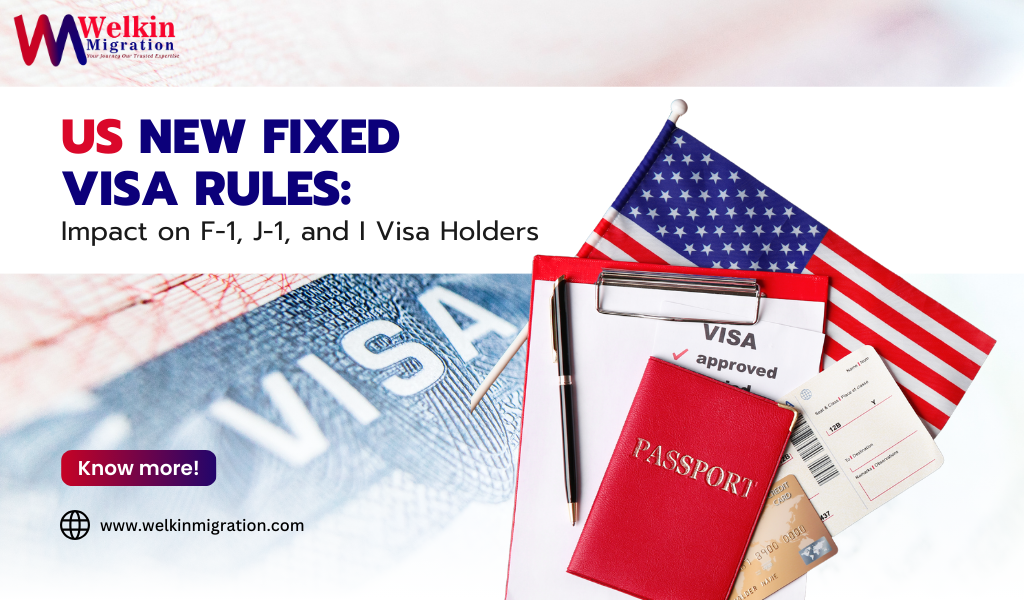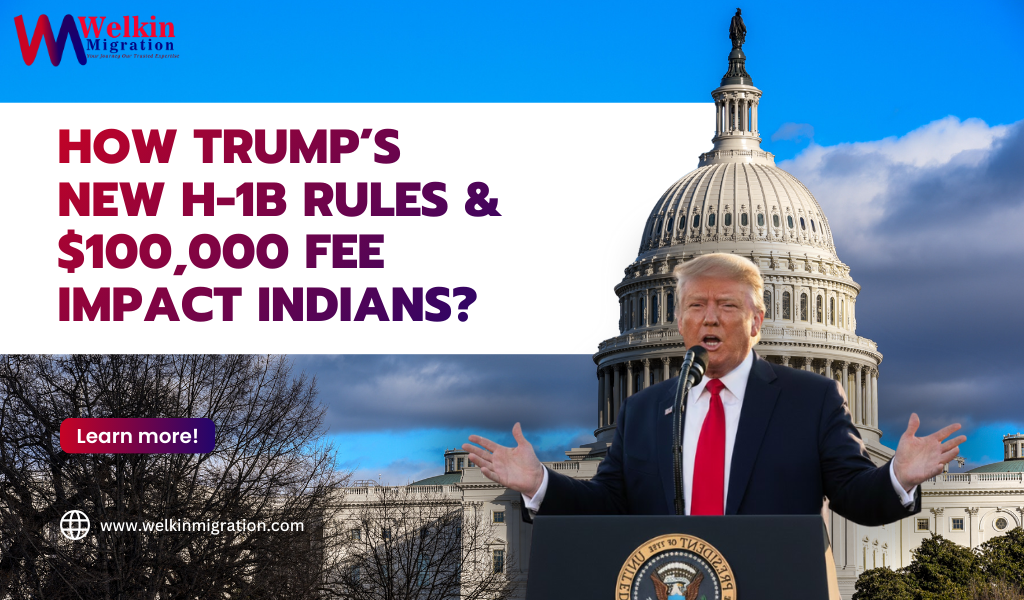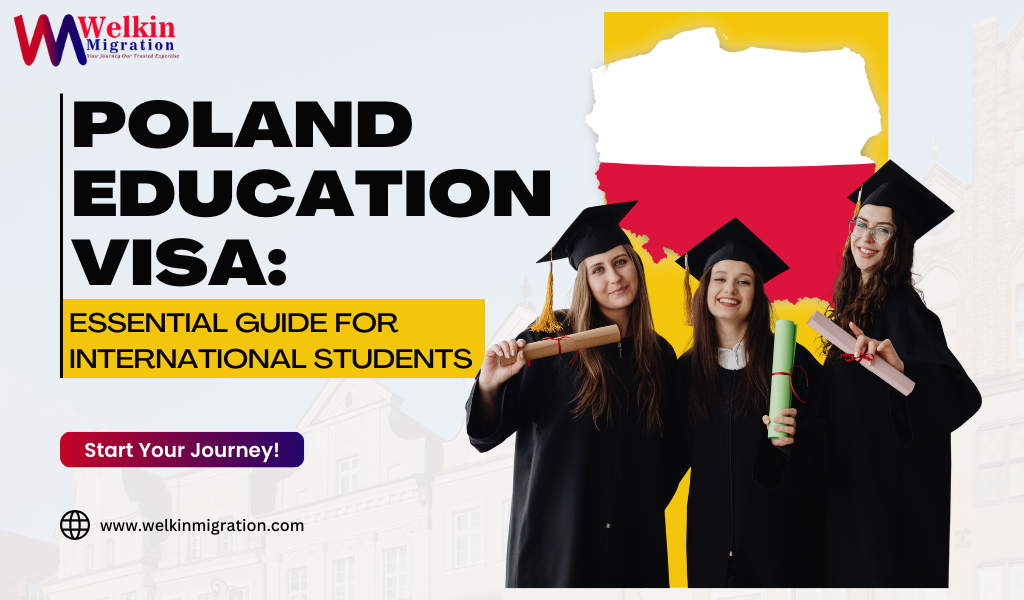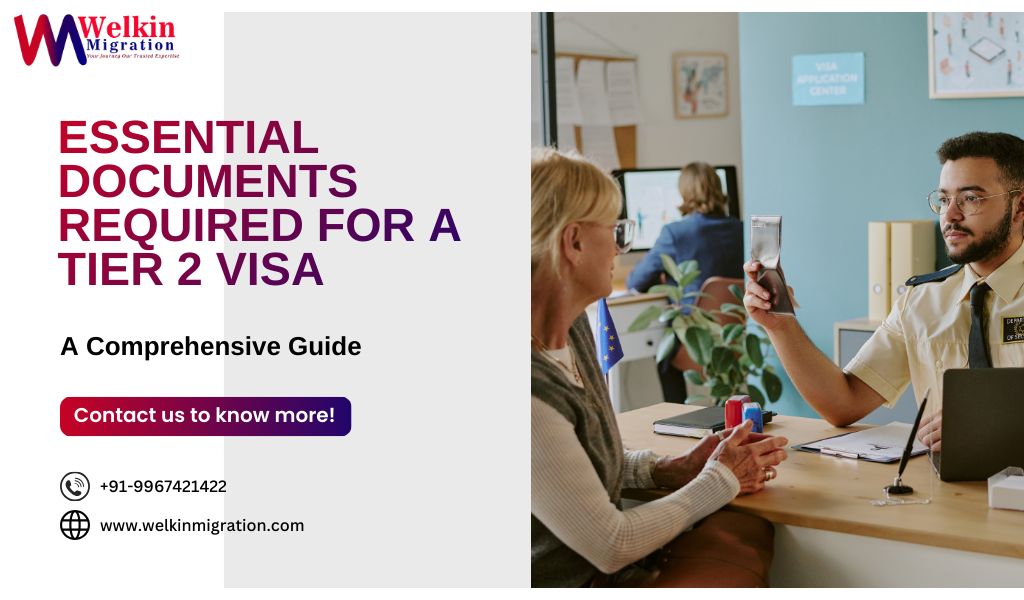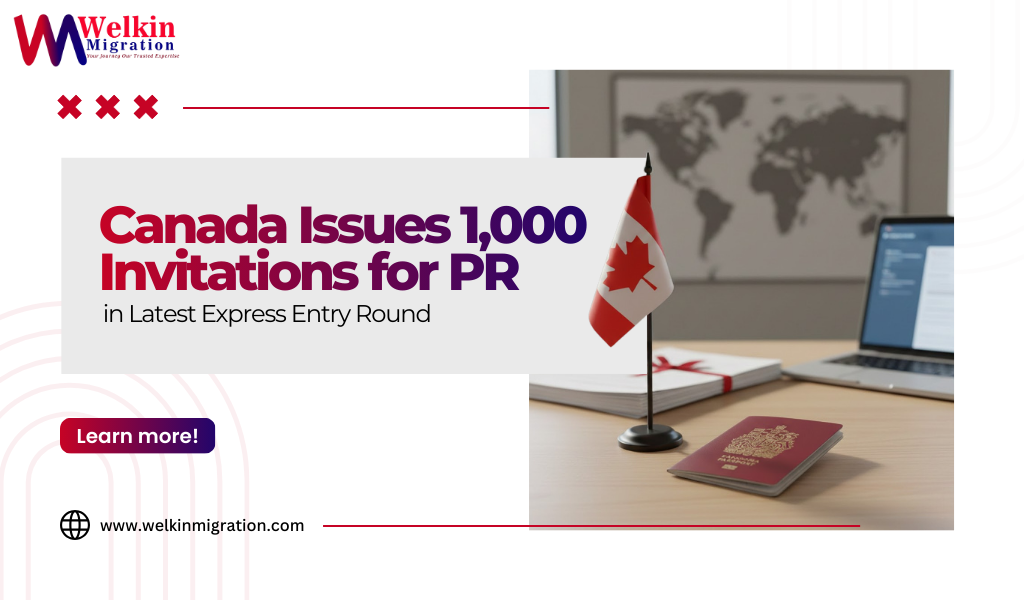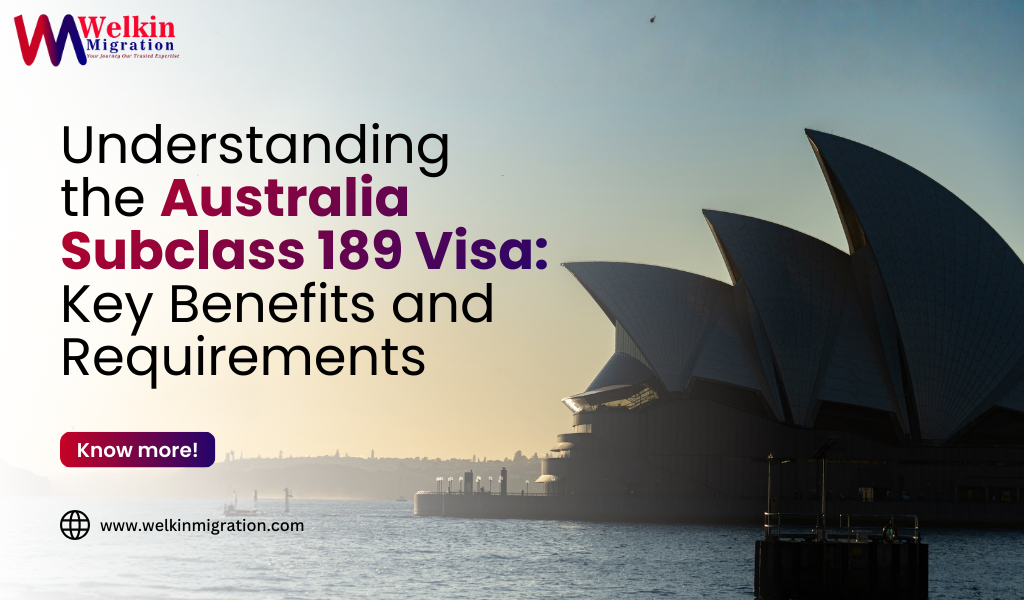The latest H-1B visa update from the U.S. government has brought both relief and new concerns for thousands of skilled workers, especially in the tech industry. The U.S. H-1B clarification confirmed that the recently announced $100,000 fee applies only to new petitions filed after September 21, 2025. Current holders of H-1B visas and applicants who have already applied are not impacted at this time.
While this clarification calmed fears for many, the H-1B visa rules 2025 have also sparked debates about the long-term implications for tech industry visas and global talent mobility. In this blog, we break down what the new rule means, how it impacts employers and professionals, and why businesses must stay updated with U.S. immigration updates to avoid disruptions.
What Prompted the H-1B Clarification?
The ambiguity started on September 19, when U.S. Commerce Secretary Wilbur Ross announced the schedule of annual fees for both new and renewal petitions. This sent H-1B workers into a frenzy, nervous that they must cough up the new fee to enter the U.S. again.
The White House followed up within 24 hours with this U.S. H-1B clarification:
- The fee is a one-time charge.
- This only applies to new, prospective petitions filed on or after Sept. 21, 2025.
- Renewals and petitions filed on or before this date are not impacted.
This announcement brought relief for thousands of Indians and other foreign nationals on H-1B visa. Yet there remain questions about news on U.S. work visas and whether further restrictions are in the near future.
Impact on the Tech Industry
The H-1B has been the lifeline that sustains the jobs of so many in the U.S. tech sector, enabling employers to recruit talent from all corners of the globe into high-skilled positions. When the announcement came out of the blue, any number of workers began calling off travel plans, lest they find themselves stuck inside without having to pay exorbitant fees.
That clarification has calmed the situation, but it points to a more elucidative point: H-1B for technical workers is in increasing danger. The rules have changed but many businesses are worried about what will happen because of it. New restrictions could make even current applicants feel safe, but this could stop top talent from applying in the future.
Key Changes in H-1B Visa Rules 2025
Below is what you need to know as an applicant and employer.
- Fee Structure — One-time $100,000 fee for new applicants only
- Effective Date – For petitions filed on or after September 21, 2025.
- Exemption for Renewals – All existing H-1B individuals in the U.S. on a valid visa are unaffected.
- Heightened Vetting — Immigration lawyers say they expect U.S. immigration updates to soon involve processing checks that will be tougher.
- Wait to File – There are initial reports that processing times for H-1B visas will increase as the government suspects these applications require more paperwork and compliance, as such the process will be slower.
Why This Matters for Employers and Workers?
On the other hand, these changes might influence hiring patterns of U.S. employers, especially in the tech space. It will necessitate companies budgeting more expensive sponsorship costs for international workers on tech industry visas.
The potential of arbitrarily imposed rule changes will keep workers on the hunt for professional advisors. U.S. immigration consultants will ensure that the application is properly filed and that plans are prepared if further restrictions arise.
Preparing for Future Immigration Changes
While the initially panic has lessened, experts warn against being lulled into a false sense of security. Looking back at the history of updates to the H-1B visa, these are made on a quick timetable that puts both employers and employees in a bind.
Tips for Applicants:
- Follow U.S. immigration information releases
- Maintain documents in an orderly manner to prevent delays in H-1B visa processing.
- If the rules become stricter down the track, consider other immigration pathways to have as a backup anyway.
Tips for Employers:
- Consult experts on U.S. work visa news before making hiring decisions.
- Expect to pay more and wait longer.
- To reduce risks, get in touch with interactive U.S. immigration consultants.
The Bigger Picture: Deferred Impact on H-1B
Although the present clarification provides some relief, the H-1B furlough impact continues to be a cause of worry. The large cost is going to make it unfeasible for startups and other low-revenue businesses from being able to hire foreign workers altogether, thus nipping global talent in the bud.
Frequent visa policy shifts also could undermine U.S. competitiveness as a place to study compared to countries with more predictable visa systems, like Canada or the UK. This could lead to a long-term change in the geography of top talent, but only if uncertainty persists.
Final Thoughts
The U.S. H-1B clarification was essential to calm immediate panic among thousands of foreign professionals and tech companies. However, the new H-1B visa rules 2025 still raise questions about long-term policy direction.
For workers and businesses, staying prepared is key. By keeping up with the latest U.S. immigration updates, consulting experts, and ensuring compliance with all requirements, applicants can navigate the uncertainty with confidence.
At Welkin Migration, our U.S. Immigration Consultants specialize in helping skilled workers and employers successfully handle complex visa requirements. Whether you’re preparing a petition, tracking H-1B visa processing, or exploring alternative pathways, our team is here to guide you every step of the way.
FAQs on U.S. H-1B Clarification
1. What is the latest H-1B visa update for 2025?
The new $100,000 fee applies only to new H-1B petitions filed on or after September 21, 2025.
2. Are existing H-1B workers affected by the new rule?
No, renewals and petitions filed before the effective date are exempt.
3. How will this affect H-1B for tech workers?
It may increase costs for new applicants, but current workers remain unaffected.
4. What does H-1B deferred impact mean?
It refers to possible long-term effects like reduced applications and higher hiring costs.
5. Will H-1B visa processing times change?
Yes, processing may slow due to stricter checks and new requirements.
6. Why do employers need U.S. immigration consultants?
Consultants help ensure compliance, reduce risk, and manage applications smoothly.
7. Is this part of wider U.S. immigration updates?
Yes, experts warn more changes may come, affecting work visa rules.
8. How can workers prepare for future H-1B visa rules?
Stay informed, keep documents updated, and consult with visa specialists.

